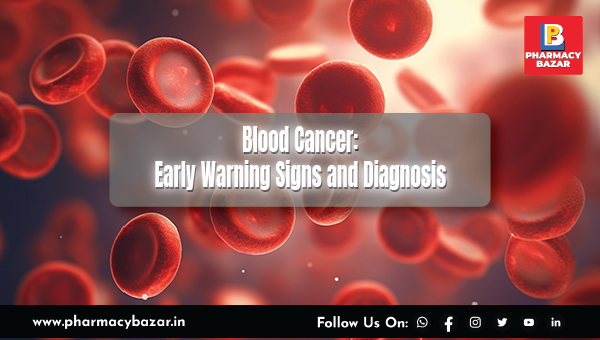Early Detection Strategies and Treatment Approaches for Prostate Cancer
Feb 17, 2024
Introduction:
Prostate cancer stands as a prominent threat among male individuals, warranting increased attention to early detection strategies. In this article, Doctor and Urologist expressed, sheds light on the critical importance of annual prostate-specific antigen (PSA) blood tests for men above the age of 50.
The Complexity of Prostate Cancer:
Unlike many other cancers, prostate cancer does not have clear-cut lifestyle determinants such as diet, smoking, or drinking. Doctors emphasizes that the risk factors lie in familial predisposition, particularly when there is a significant family history of prostate cancer, especially if close relatives have succumbed to the disease. Consequently, individuals with such family backgrounds are advised to commence screening as early as 45 years of age.
PSA as a Vital Screening Tool:
Currently, the primary method for screening prostate cancer involves the PSA blood test. Dr. Balakrishnan underscores its utility despite its limited sensitivity. Elevated PSA levels, while not definitive indicators of prostate cancer, serve as crucial signals prompting urological consultations. The PSA test is seamlessly integrated into routine blood checks for individuals above 50, offering a proactive approach to detecting prostate cancer at its nascent stages.
Early Detection: The Key to Successful Treatment:
Prostate cancer often remains asymptomatic, posing a unique challenge for timely diagnosis. Prostate enlargement, a potential precursor, may manifest as urinary symptoms, but these can be erroneously attributed to the aging process. Doctors stresses the significance of early detection, highlighting that prostate cancer, when identified in its initial stages, can be effectively treated through complete prostate removal or radiation therapy.
Demographic Trends and the Aging Population:
As India's elderly population grows due to enhanced life expectancy, the prevalence of prostate cancer among seniors escalates significantly. Doctors advocates for proactive screening and timely interventions in this demographic, emphasizing the correlation between age progression and increased prostate cancer incidence.
Navigating the Challenge of Asymptomatic Cases:
A major hurdle in managing prostate cancer lies in asymptomatic cases that may remain undiagnosed. Doctors raises the critical question of whether these patients necessitate immediate treatment or can be observed until symptoms impact their quality of life. Ultimately, the health and recovery outcomes hinge on the timeliness of cancer diagnosis.
Conclusion:
Doctor's insights underscore the imperative for proactive measures in prostate cancer management. The annual PSA blood test emerges as a pivotal tool for early detection, offering the potential for effective interventions and improved outcomes in the battle against this prevalent male cancer.
DISCLAIMER: This article is the property of Pharmacy Bazar and is protected by copyright laws. The information provided in this article is for educational and informational purposes only and is not intended to be a substitute for professional medical advice, diagnosis, or treatment. Always seek the advice of a qualified healthcare provider with any questions you may have regarding a medical condition. Never disregard professional medical advice or delay in seeking it because of something you have read in this article. The author and publisher of this article do not endorse any specific treatments, procedures, or products mentioned in this article.
Recent Post

Blood Cancer: Early Warning Signs and Diagnosis

Understanding Gallstones: Causes, Symptoms, and Treatment Options

Navigating Diabetes Medications: Benefits and Side Effects

Revolutionizing Cancer Treatment: How Unleashing T Cells' Energy Could Transform Immunotherapy

The Power of Lower Back Stretches: Benefits and Best Yoga Asanas for a Healthy Spine

8 Health Conditions That Could Be Due to Magnesium Deficiency

Unlocking Brain Health: How Lifestyle Choices Impact Cognitive Functions

When Speech Takes a Surprising Turn: Unraveling Foreign Accent Syndrome

The Optimal Time to Take Your Vitamin D Supplement: Insights and Best Practices

Beyond Diabetes: Unveiling the Hidden Health Risks of Insulin Resistance

